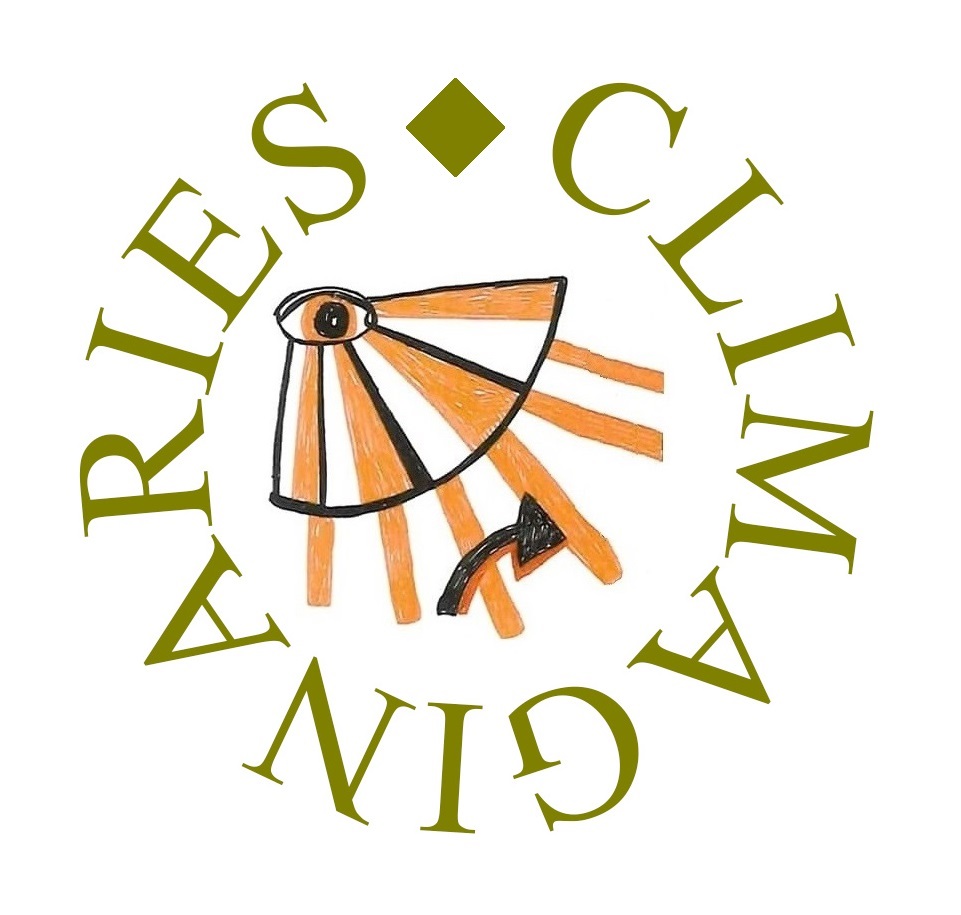Lundalungan (2053)
English below.
Vad var startskottet till det vi idag kallar för Det gröna folkhemmet?
Det är svårt att säga, men en bidragande faktor var det så kallade ”Potatisuppropet” 2023, som fick människor att odla sin egen potatis i kolonilotter, trädgårdar och balkonglådor, inspirerade av potatisupproret som ägde rum 1917.
Uppropets grundare inspirerades även av de ursprungliga organisatörernas formuleringskraft. 1917 användes sloganen “Alla sätta potatis utom de tråkiga”, ett humoristiskt lockrop som samlade deltagarna under gemensam flagg. 2023 års upprop mobiliserade istället kring parollen “Bättre potatis ur egen jord än influgen röd quinoa på vårt bord”. Detta nya upprop ansågs dock ganska udda och perifert fram till att den nya utgåvan av När krisen eller kriget kommer landade i svenskarnas brevlådor i augusti 2028. Då hade livsmedelskrisen blivit ett faktum i hela Europa och man började se gräsmattor som en onödig lyx vi inte längre hade råd med.
Diakonerna i Domkyrkan och Sankt Tomas katolska församling ansökte därför hos Domkyrkorådet, Lunds universitet och Lunds kommun om att börja odla på Lundagårds grönytor. Mobiliseringen gick fort då de i sina nätverk hade många odlingskunniga människor från bland annat Afghanistan och Ukraina. Snart var de smalnande grusgångarna det enda sättet att ta sig fram genom åkrarna i Lunds innerstad. Lund blev känt i Sverige som “den gröna lungan”, vilket i folkmun rätt och slätt drogs samman till “Lundalungan”.
Lundalungan påskyndades av rapporter om skenande ohälsa bland de grupper som var engagerade i projektet, nämligen utlandsfödda, pensionärer och studenter. Dessa socioekonomiska grupper hade länge lidit av stressrelaterade åkommor, obesitas, diabetes och depression. Lunds kommun gick samman med universitetet och civilsamhället (däribland kyrkorna) för att skapa insatser för att främja folkhälsan och få människor att känna meningsfullhet i sin vardag, från vaggan till graven. I och med beslutet om sex timmars arbetsdag år 2031 och medborgarlön 2035 luckrades gränserna mellan ”fritid” och ”arbete” upp.
Kombinerad medicinsk och teologisk forskning under det sena 2030-talet visade att det var hälsofrämjande att dels ha andliga praktiker, dels att vistas i naturen. Dessa rön blev diskuterades mycket under regionvalet 2038, vilket ledde till att flera partier lovade låta den skånska skog som fanns stå kvar, samt att plantera fler träd runt om i Skåne.
Kyrkorna gjorde om sin förvaltningsstruktur och började upplåta sina lokaler för olika sorters andlig praktik. De blev ett av naven för ett bredare existentiellt samtal, så som debatten om den goda samhällsutvecklingen i dialog med individens frihet och andra arters autonomi. De vackra rummen bidrog till kontemplativa praktiker som med tiden ersatte mycket psykofarmaka. Mycket mer finns att berätta om kyrkornas omställning. Läs gärna rapporten Störst av allt är kärleken 2053:04 akt 3.
Lund, the Green Lung (2053)
What was the starting point for the Swedish Green Welfare State policy?
It's hard to say, but a contributing factor was the so-called "Potato Appeal" in 2023, which got people to grow their own potatoes in allotments, gardens and flower boxes, inspired by the potato riots that took place in 1917.
The founders of the appeal were also inspired by the wording of the original organizers. In 1917, the slogan "Only boring people don’t plant potatoes" was used, a humorous appeal that gathered participants under a common flag. The 2023 appeal instead mobilized around the slogan "Imported quinoa could soon be a fable, better put homegrown potatoes on your table." However, this new appeal was considered quite odd and peripheral until the new edition of In Case of Crisis or War was sent out to all Swedes in August 2028. By then, the food crisis had become a fact throughout Europe and people began to see lawns as an unnecessary luxury we could no longer afford.
The deacons in the Cathedral and the Catholic parish of St. Thomas therefore applied to the Cathedral Council, Lund University and Lund Municipality to start cultivating on the green spaces of the Lundagård park in the city centre. Mobilization was rapid as they had many people with knowledge of cultivation in their networks from Afghanistan and Ukraine, among others. Soon the ever-narrowing gravel paths were the only way to get through the fields in Lund's inner city. Lund became known in Sweden as “the green lung”, which in everyday talk was shortened to “Lundalungan”.
Lundalungan was accelerated by reports of rampant ill health among the groups involved in the project, namely foreign-born people, pensioners and students. These socio-economic groups had long suffered from stress-related illnesses, obesity, diabetes and depression. Lund Municipality joined forces with the university and civil society organizations (including the churches) to create initiatives to promote public health and promote a sense of meaning in the everyday lives of the city’s population. With the six-hour workday law being implemented in 2031 and the law of basic salary in 2035, the boundaries between “leisure time” and “work” blurred.
Medical and theological research in the late 2030s showed that it was health-promoting to have spiritual practices and to spend time in nature. These findings were widely discussed during the 2038 regional elections, which led to several parties promising to leave the existing Skåne forests standing, and to plant more trees all over the region.
The churches also changed their administrative structure and began to rent out their premises for various kinds of spiritual practices. They became one of the hubs for a broader existential conversation, such as the debate about how a sustainable societal transformation could go hand in hand with individual freedoms, as well as the autonomy of other species. The beautiful rooms contributed to contemplative practices that over time replaced many psychopharmacological drugs. There is much more to say about the transformation of the churches. Please read the report Störst av allt är kärleken 2053:04 act 3.
